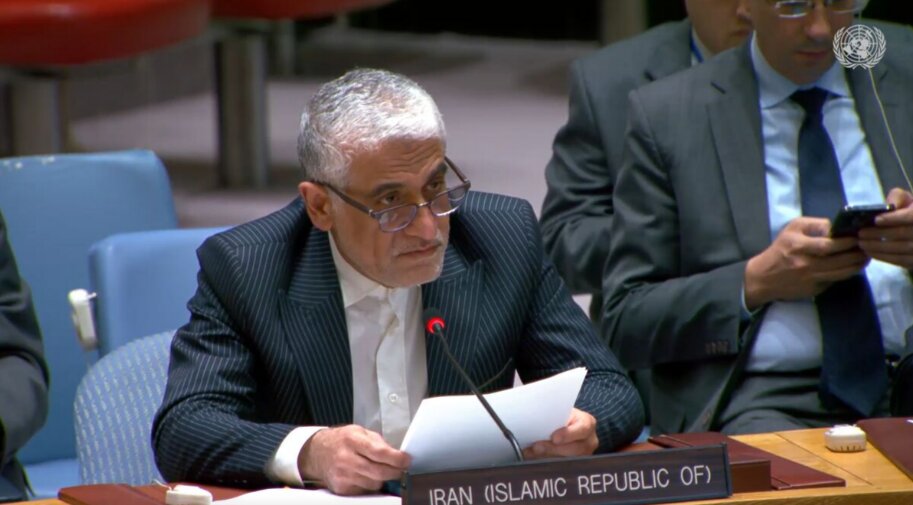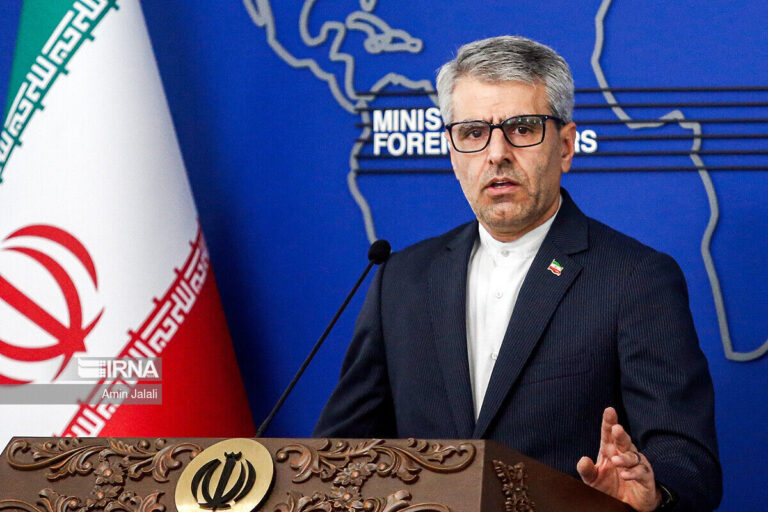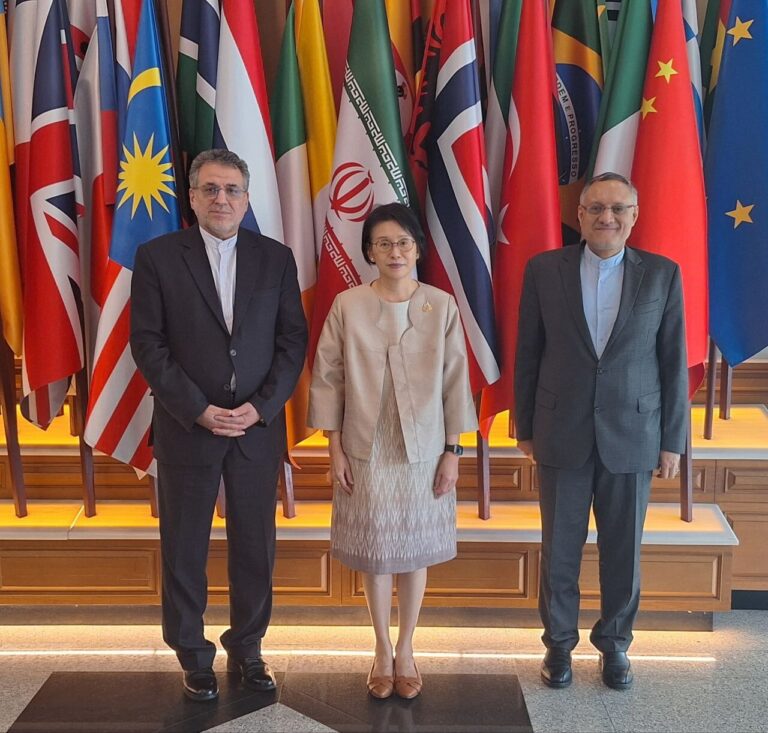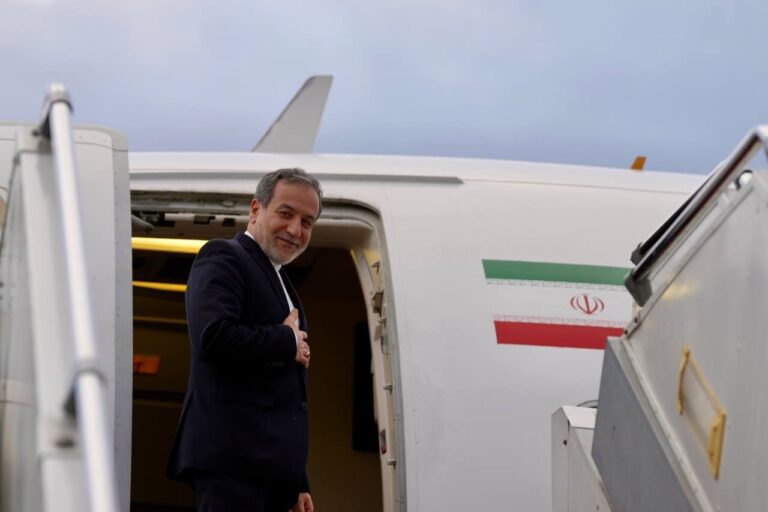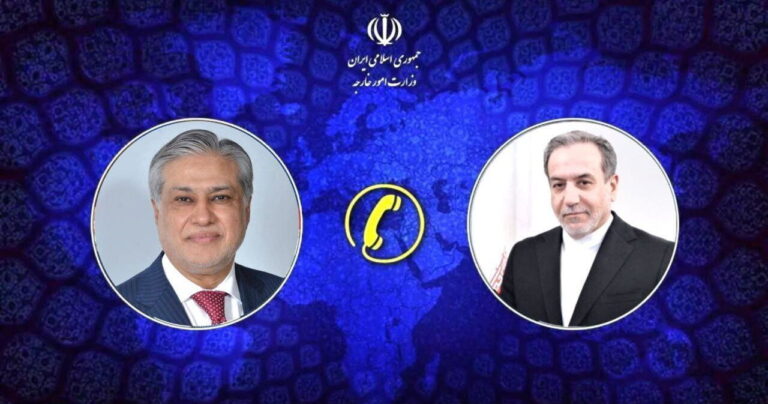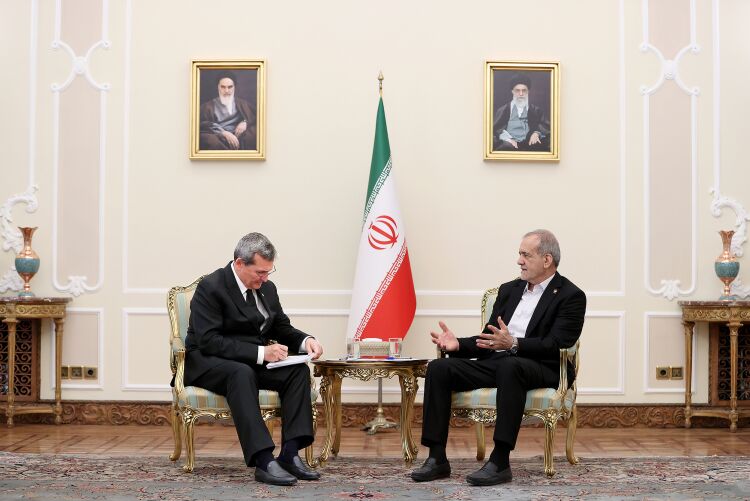UN Unveils Comprehensive Encyclopedia Documenting Iranian Victims of Terrorism
On January 27, Amir Saeed Iravani, representing the Islamic Republic of Iran, addressed a letter to UN Secretary General Antonio Guterres and the President of the UN Security Council, Amar Bendjama. This correspondence highlights the extensive history of terrorism and aggression faced by Iran since the 1979 Revolution, emphasizing the country’s role as a primary victim of such acts. The letter presents a comprehensive compilation titled “Encyclopedia of 23,323 Iranian Victims of Terrorism,” underscoring Iran’s significant sacrifices in the fight against terrorism.
In his letter, Iravani states:
“In the Name of God, the Most Compassionate, the Most Merciful. Excellency, upon instructions from my Government, I have the honor to transmit to you an Encyclopedia of 23,323 Iranian Victims of Terrorism (see annex). This comprehensive compilation underscores that the Islamic Republic of Iran is not only a pioneer in the fight against terrorism but also a nation that has paid a heavy price as one of its primary victims since the 1979 Revolution. From the very beginning of the revolution, the Islamic Republic of Iran has endured relentless acts of terror, subversion, and aggression orchestrated by terrorist groups and supported by external actors. Approximately 23,000 innocent Iranians, including women and children, have lost their lives to these heinous acts, which targeted civilians indiscriminately and flagrantly violated international law, including human rights law and norms.”
For over four decades, Iran has faced numerous terrorist attacks, characterized by:
- The emergence of foreign-backed terrorist groups operating near Iran’s border cities.
- Systematic assassinations of nuclear scientists orchestrated by agents of the Israeli regime.
- Attacks on high-ranking officials and civilians by the Mojahedin-e Khalq Organization (MKO).
- Incursions by transregional Takfiri groups, such as ISIS-K (Daesh), into Iran’s territory.
- Assassinations of military advisors who played vital roles in combating international terrorism in West Asia.
- The martyrdom of over 4,000 law enforcement officers dedicated to countering the narcotics trade, highlighting Iran’s commitment to fighting this global issue.
These actions are indicative of a systematic approach to weaponize terrorism for political advantages. Iravani points out that more than 30 terrorist organizations, including Al-Qaeda, ISIS-K (Daesh), MKO, Komala, PJAK, Jaish al-Adi, and Jundallah, have been involved in these attacks, often receiving financial, logistical, and political backing from foreign powers.
Among the most alarming instances cited in the letter are:
- The targeted assassinations of government officials, scientists, and civilians, which have frequently occurred with the implicit support of external actors.
- The ongoing aggression against the Iranian populace, which represents a severe violation of the principles outlined in the United Nations Charter, particularly those concerning state sovereignty and the protection of civilians.
In light of these points, the Islamic Republic of Iran vehemently condemns terrorism in all its forms, recognizing it as one of the most serious threats to global peace and security. Iran is steadfast in its commitment to combat terrorism under international law while promoting regional stability and peace.
Moreover, Iravani calls for the international community to acknowledge the significant suffering experienced by the Iranian people due to decades of hostility and terrorism. He stresses the necessity for the voices of the victims to be heard and respected, free from the burdens of double standards and unfounded allegations.
He concludes his letter with a request:
“I should be grateful if you would circulate the present letter as a document of the Security Council and that of the General Assembly under agenda item 110 titled ‘Measures to eliminate international terrorism.’ Please accept, Excellency, the assurances of my highest consideration.”
This letter not only sheds light on Iran’s long-standing battle against terrorism but also serves as a reminder of the broader implications of terrorism on international relations and regional stability. It calls for collective action and a unified approach to combat the escalating threats posed by terrorist organizations.
As the world grapples with the complexities of terrorism, it is vital to consider the narratives of all affected nations, ensuring that the fight against terrorism is as much about justice and recognition for victims as it is about security and political interests. The ongoing dialogues and resolutions within the United Nations framework are crucial in addressing these pressing issues and fostering a more peaceful global environment.
In conclusion, Amir Saeed Iravani’s letter serves as a poignant reminder of the victims of terrorism and the need for a comprehensive and inclusive approach to combating this global menace.
